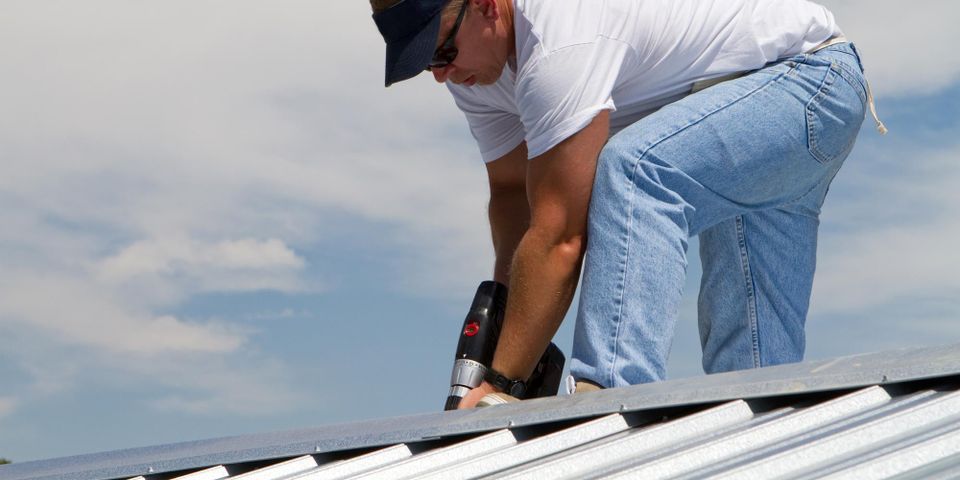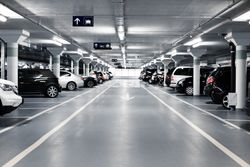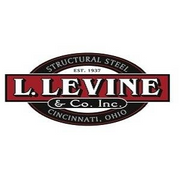
Metal buildings are among the most resilient you can create. Materials like steel are highly durable, requiring minimal maintenance and repairs. When building with metal, structural loads—the external forces that will impact the edifice—need to be calculated for a safe and sturdy design. Here’s what you should know about the different types of loads to consider.
Dead Loads
Also known as static loads, these refer to aspects of the building that are mostly permanent and don’t change significantly. Examples include the frame, roof, and HVAC systems. When calculating dead loads, a margin of error should be included and potential alterations over time accounted for.
Live Loads
 Live or “imposed” loads are associated with evolving, nonpermanent forces, such as people or furniture. When designing a steel parking garage, for example, the weight of cars coming and going must be considered. The uneven concentration of load is another factor.
Live or “imposed” loads are associated with evolving, nonpermanent forces, such as people or furniture. When designing a steel parking garage, for example, the weight of cars coming and going must be considered. The uneven concentration of load is another factor.
Environmental Loads
Environmental loads are beyond your control and difficult to predict. You can specify a maximum occupancy and weight limit for a steel elevator, for instance, thereby limiting the potential dead and live loads. However, you can’t regulate elements like wind, snow, and earthquakes. Your environmental load calculations depend on your geographic area and climate. Say you are building in a northern region where it snows. Where can precipitation accumulate? How might the roof’s shape, such as a slant, prevent settling and reduce buildup? These variables matter in the final product.
An understanding of the structural load is just one part of creating high-quality metal buildings. You also need reliable materials to guarantee a safe structure. For metal supplies in the Greater Cincinnati, OH, area, trust L. Levine & Co., Inc. Whether you’re an architect, a commercial builder, or a homeowner undertaking residential renovations, these steel and aluminum suppliers provide quick and convenient service, delivering products within one to two days. With roots dating back to 1937, they are known for their reliability. Visit their website to review their products, or call the steel supplier directly at (513) 471-5900 if you have any questions.
About the Business
Have a question? Ask the experts!
Send your question

